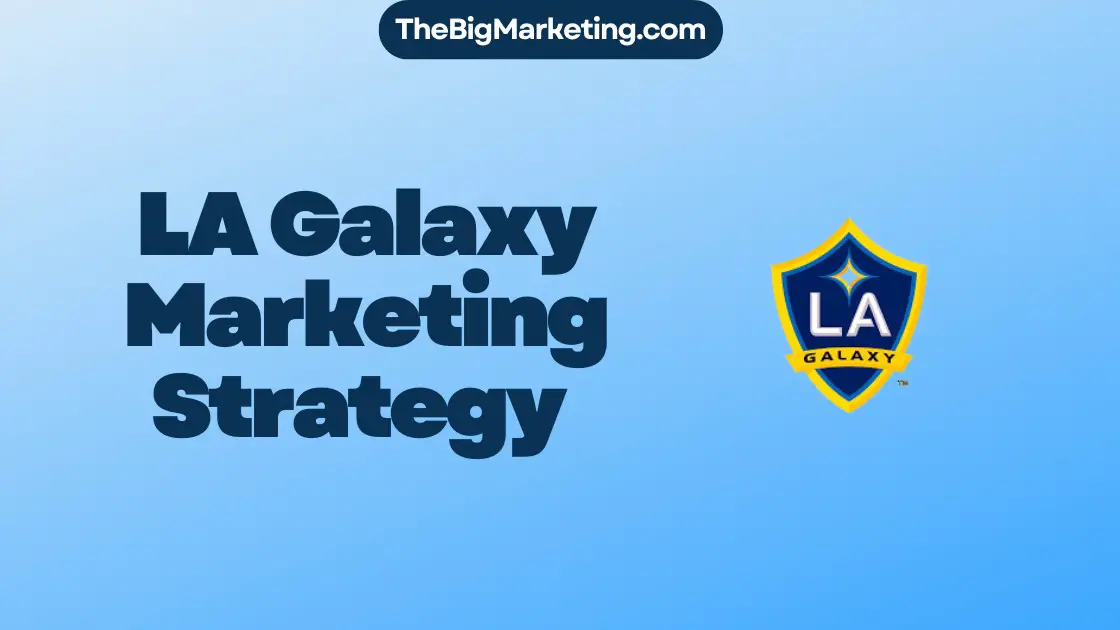If you have kept up with the headlines, you may have heard about the recent Supreme Court ruling that blocked efforts by Florida and Texas to control how social media platforms like Facebook, X, TikTok, and YouTube regulate content.
But what does this mean for an advertising agency in Tampa or Austin, the end-users, the platforms, and why should you care – especially if you’re someone in marketing?
Let’s break it down and discover why it could have effects that extend beyond the legal sphere.
A Little Background
The laws in Florida and Texas were introduced with the goal of addressing what some conservatives see as a ‘viewpoint discrimination’ on social media platforms. Essentially, the laws were reactions to platforms removing content or banning accounts that were deemed to have violated policies and guidelines.
The most notable case with regard to this effort would be the removal of former President Donald Trump from Twitter after the January 6, 2021, Capitol riot.
In both states, the laws aimed to prevent perceived censorship of conservative viewpoints, with governors Ron DeSantis and Greg Abbot framing the issue under the auspices of free speech in the digital age.
DeSantis went so far as to say his law was designed to protect Floridians from ‘Silicon Valley elites,’ while Abbot framed his effort as a necessity to stand up to tech giants allegedly silencing conservative voices.
This was a reminder to marketing firms paying attention that they need to be highly adaptable in their operations to prevailing forces.
The Legal Battle
While their arguments may seem simple enough, it is only because they are redactive. The case became complicated as trade associations representing social media platforms argues that the laws would infringe on their First Amendement rights.
In Florida, a federal appeals court struck down the state law, but in Texas, a different appeals court upheld the state’s statute.
With two different court rulings on the same issue, it was up to the Supreme Court to step in. And step in, they did. But instead of giving a definitive ruling, the justices sent the cases back to the lower courts, keeping the laws in limbo in the meantime.
For marketers, this legal limbo has created a sense of unpredictability. If these laws go into effect, social media platforms may be forced to change their moderation guidelines.
That could potentially alter the way businesses market and advertise online, especially in a politically charged environment.
What’s at Stake for the Digital Marketing World?
You may be asking yourself: “I run a marketing blog. Why should I care about a legal battle between Florida, Texas, and social media platforms?”
Well, for one, social media is a huge part of modern marketing. Whether you’re running Facebook ads, partnering with influencers on Instagram, or posting organic content on TikTok, these platforms drive traffic, revenue, and engagement.
If the rules in how content is moderated or regulated change, it could impact the way you reach your audience.
For example, if platforms suddenly introduced a requirement to allow all forms of content, without the ability to moderate, marketers could be stepping into a Wild West of online discourse.
Running a campaign for a family-based brand, for instance, could see your ads appearing next to harmful or highly controversial content that platforms would have previously filtered out.
The other side of the coin could see an overcorrection and heavy censorship on certain types of content to avoid lawsuits
What Comes Next?
For now, the Supreme Court has hit pause on the Florida and Texas laws, sending the back for reviews in lower courts. This give marketers a bit of time to introduce some agility to their strategies to prepare for the possible outcomes.
It is clear though that the debate over free speech and content moderation on social media is not going away any time soon, especially not with AI fueling bizarre and controversial posts amid a tumultuous political climate.







